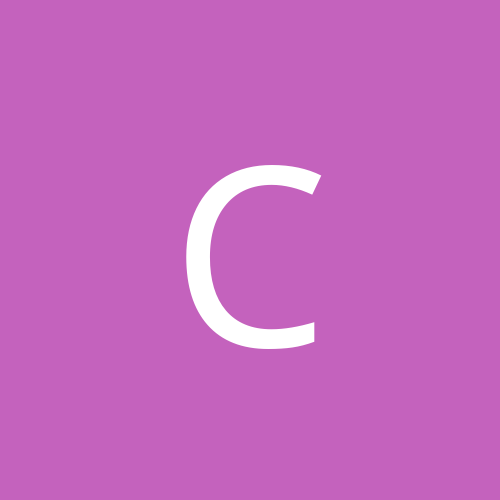Top Pages
- ✔ Precision Auto Tune Wesley Chapel
- ✔ Lazytown Cooking By The Book Mp3 Download
- ✔ Traktor Pro Shortcut Keys Ski
- ✔ How To Record Using Traktor Pro 2
- ✔ Daisydisk 4 Key
- ✔ Free Morphine Vst Download
- ✔ How To Connec Denon T Mc700 To Traktor Pro 2
- ✔ Little Snitch Finalize
- ✔ Dev C++ Vbloodshed
- ✔ Antares Auto-tune Live In Cubase

